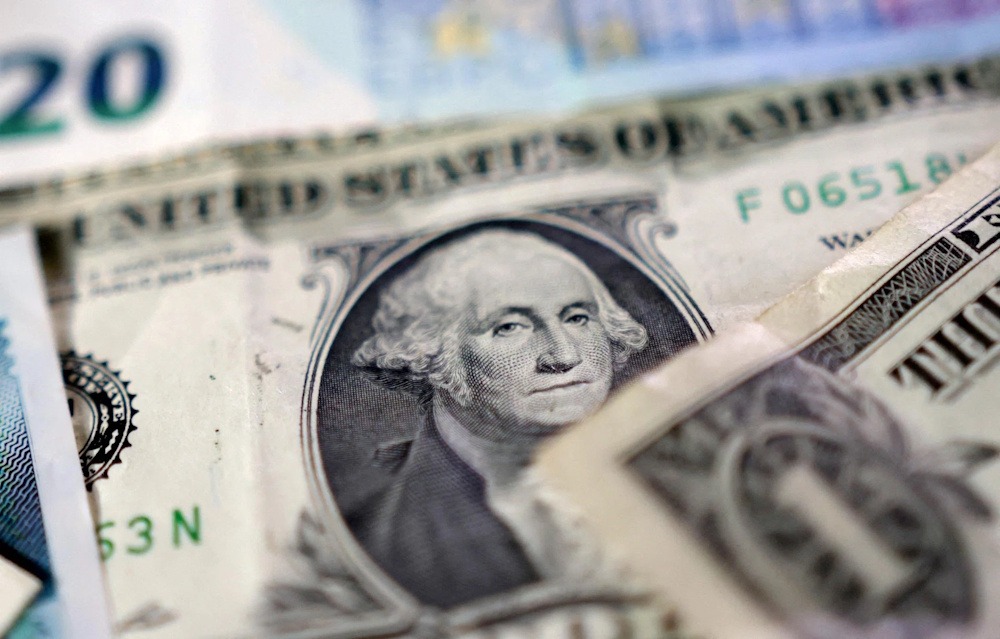
The dollar remained stable on Tuesday as U.S. President Donald Trump’s softened stance on tariffs regarding China and the prospect of a meeting with his Chinese counterpart generated optimism for a reduction in tensions between the two economic powerhouses. Currency markets exhibited stability during early Asian trading following a tumultuous session on Friday. This volatility was triggered by Trump’s sudden announcement of a 100% tariff on U.S.-bound exports from China, although he later adopted a more conciliatory tone over the weekend. U.S. Treasury Secretary Scott Bessent stated on Monday that Trump is positioned to meet with Chinese leader Xi Jinping in South Korea in late October.
The recent developments revitalized the dollar, resulting in the euro remaining under the $1.16 threshold, currently trading at $1.1566. The British pound declined by 0.06% to $1.3328, whereas the New Zealand dollar experienced further depreciation, reaching a six-month low of $0.57145. “There is a mutual desire, or some sort of an off-ramp, and also a deal to prevent the bilateral relations from really spiralling out of (control), particularly because I think both the U.S. and China understand very clearly they cannot simply wish away the other’s leverage,” stated Homin Lee. “We believe that ultimately… a re-escalation strategy lacking a clear endgame could prove excessively punitive for both parties involved.”
The dollar rose by 0.04% against a basket of currencies, reaching 99.34. The Australian dollar remained relatively stable at $0.6516, whereas the Japanese yen experienced a decline of approximately 0.2%, trading at 152.57 per dollar. On Tuesday, markets in Japan resumed trading following a long weekend, facing ongoing political uncertainty domestically. This comes after Sanae Takaichi’s aspiration to become the nation’s first female prime minister was cast into doubt on Friday, following the withdrawal of her ruling party’s junior coalition partner. Although the action stopped the yen’s significant decline as investors evaluated the potential for substantial fiscal support under the new leadership, it remains close to eight-month lows. “If you ask me, given the current interest rate differential between the U.S. and Japan, which should be the primary driver of the exchange rate as well, dollar/yen should not be at 152, so I do expect this trend to reverse pretty soon,” stated Nigel Foo, who anticipates a strengthening of the yen in the near future.
In the realm of cryptocurrencies, bitcoin experienced a decline of 0.36%, trading at $115,380.19, following a significant drop of over 6% last week due to a shift in risk sentiment. Ether decreased by 0.77% to $4,256.42, reflecting a nearly 8% decline in value over the previous week. Market participants reported that the crypto sector experienced over $19 billion in liquidations on Friday due to panic selling and low liquidity, which led to significant price fluctuations.
